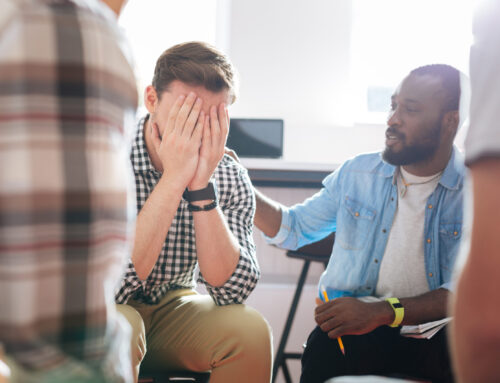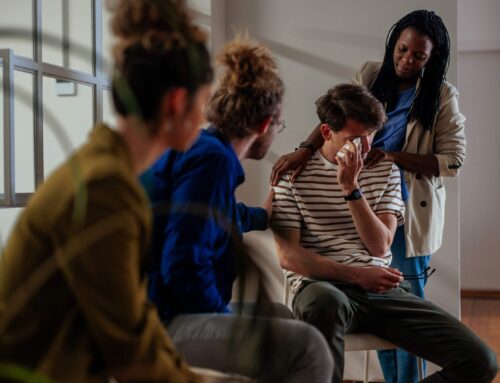
Social Media Is a Risk Factor In Addiction and Relapse
Much of the focus on addiction and relapse is centered around topics like acknowledging addiction and seeking out treatment to begin with, how to handle relapses, tips to stay in recovery and identifying your triggers. One factor that is not discussed as often is the impact that social media has on the underage/younger demographics and the development of addictions.
Social Media and Substance Use
While you’d be hardpressed to know an exact percentage, it’s fairly well studied that addiction has a tremendous genetic component. It is greater for some and lesser for others, but let’s say for the sake of a hypothetical scenario, addiction is 50% genetic and 50% maladaptive coping strategies. Additionally, the children of addicts—current or former, have a much higher susceptibility to spiraling into addiction themselves. This gives great credibility to the notion that addiction is highly genetic since someone who may not have even met their alcoholic grandfather or grandmother could have just as much of an issue with it. Addiction also unsurprisingly runs in families.
I digress, the example is this: picture an adolescent or teen from age 12-18 that goes on social media. It’s highly likely that this teenager uses social media quite frequently. Social media usage among teenagers is quite high and the activity levels in terms of posting and sharing is much higher in this age group if not the highest. While teens may post about anything or everything, there is certainly going to be posting about alcohol and drug use.
The true issue with social media is that it’s a simulacrum of what people think is a good life or cool for their age. In the case of teens, many of them opt to post pictures of parties, drinking and sometimes drugs. In other words, these behaviors are glorified on social media. They’re made out to be cool, popular, and things that you can post about to make yourself out to be that way as well. It’s a surely overcooked topic, but teens are in a phase in life where appearances and acceptance matter the most.
Ask any addict, most of them started young. Social media coincides with a greater likelihood of drinking, smoking, and doing drugs according to a back to school survey conducted by The National Center on Addiction and Substance Abuse at Columbia University (CASA Columbia).
Social Media: A Boon or a Setback?
Thus far, we’ve painted social media as a place that can present temptation to younger people who may be primed for addiction due to genetic reasons or because they are susceptible to falling into poor coping patterns. Like most things, there’s a flipside. While social media can be bad because of the exposure factor to drinking and drugs and the glorification of those things, it can also be a powerful tool for recovery.
Consider how many people can share their stories about addiction and post motivational/inspirational things online and impact God only knows how many people? Not only that, but social media is a place where addiction outreach can take place. Additionally, people are more easily able to find local events or addiction therapy groups in their local area. Being able to scope these things out online can take some of the certainty and fear out of visiting an addiction treatment center or group therapy session if you’re able to see a picture of the place, the room, the people, etc.
Addiction Counseling Specialists in Virginia
As always with anything, you’re the one in charge, whether you realize it or not. You’re the most powerful person you know. This is important to remember when you feel like your addiction runs your life and temptation and fear are abound. Social media can be a place of great temptation or great connection and community. It depends on who you choose to surround yourself with—take it from us, we’re surrounded by the best addiction treatment specialists that we know.
Our professional and compassionate staff have helped many people on the road to recovery. If you or a loved one are in need of assistance in managing their substance abuse issues, Recovery Care Partner is here for you. We firmly believe that the foundation of recovery is built on a platform of dignity and respect. Every day we treat people who have enormous potential to do well for themselves and for their community. Give us a call today at (240)-224-3509 to get started in exploring treatment options for any addiction issues you or a loved one may have!
Table of Contents







